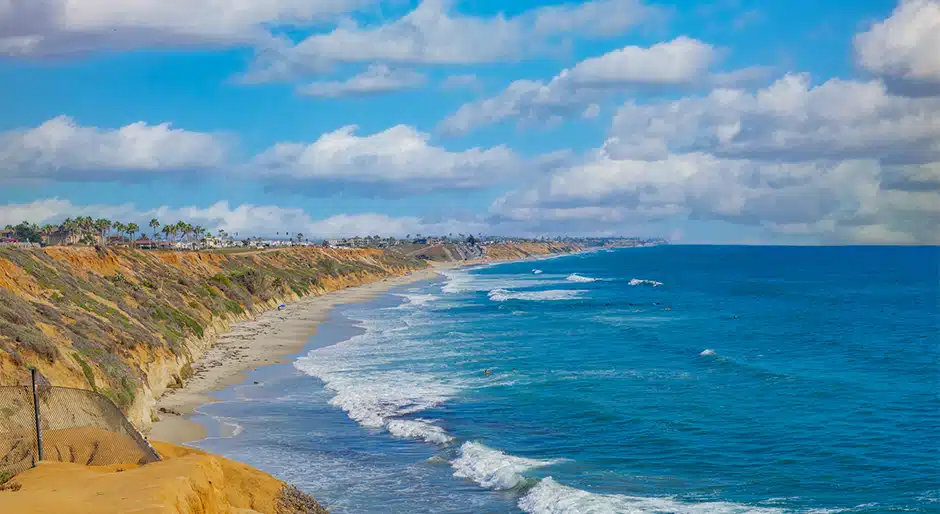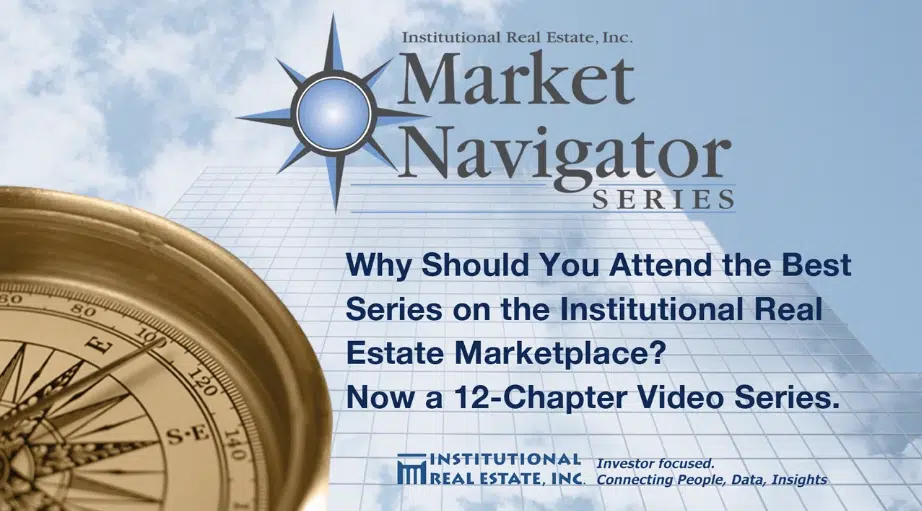“Experiential economy”: People just want experiences with family and friends
At Institutional Real Estate, Inc.’s 2019 Visions, Insights & Perspectives (VIP) Americas conference in Carlsbad, Calif., last week, keynote speaker Sarah Quinlan, senior business adviser for Global Macro Strategy, discussed key U.S. economic trends — growth drivers, interest rates and quantitative easing — and other key macro issues such as cyber security, rise of nationalism, trade wars and other public policy trends that are shaping our economy and world.
Quinlan explained that all that matters to people these days is family and friends and the time they get to spend with them. She called this the “experiential economy”. Time matters. For this, businesses should start figuring out issues such as people’s commute times, since people are beginning to be less and less willing to sit in traffic. In addition to that, Quinlan discussed incorporating childcare into the workforce. She said the first thing she always sees is both parents in the family work, which means childcare is a very important issue to these families. By incorporating childcare into a business, it will make it more attractive to current and potential employees.
Quinlan went on to say that 70 percent of GDP is in retail sales (consumer spending, not goods). Quinlan said the things that are driving GDP are dining out, travel and drinking. She said that 52 percent of millennials spend money on just restaurants.
Quinlan also stated there is confusion about the current state of the U.S. economy. “Is it going up or is it going down?” she asked the VIP attendees. She then stressed that the economy is actually volatile and brings opportunity, and she expects it to stay that way. However, she said that doesn’t mean you have to be hurt by this, instead, you can lean into it and make money off of it.
In addition, Quinlan stated U.S. inflation does exist and it will go up. What is coming in now and getting priced? Tariffs. Inflation will affect small businesses the most as well as food inflation.
Although holiday retail sales were up in 2018 — overall sales up 5.1 percent, online up 19.1 percent — clothing and home improvement were the winners, while electronics and departments stores were the losers, explained Quinlan. She predicted that department stores will continue to shrink in the future because people don’t have as much use for them as they did in the past. Another winner was urban clusters. Lifestyle matters, so people want services in one area that can support parent care, healthcare for their parents and schooling for their children, to name a few. “If it doesn’t fit within people’s lifestyles, it won’t move forward,” Quinlan said.
We also have a changing labor force — people don’t want to mow lawns, take care of houses, or even have a large, expensive house anymore. “Less is more,” said Quinlan. She suggested that when investing and designing properties, we should think about these things. She also suggested to talk to the city commission and work with them as well. Going off of that, Quinlan said that people are happy with multifamily and that they like that type of community, since people don’t “talk” to their residential neighbors now as much as they did in the past. Because of this, she believes the real estate opportunities now are multifamily, industrial/warehouse, hospitality and opportunity zones.
Quinlan closed her keynote with the challenge she saw in 2019: Globalization. She said it is here to stay and that the capital still has to be spent. “Overseas is going to affect us,” she said. “So what can we do is communicate with them and make sure our workers have enough opportunity to feed their families.”

